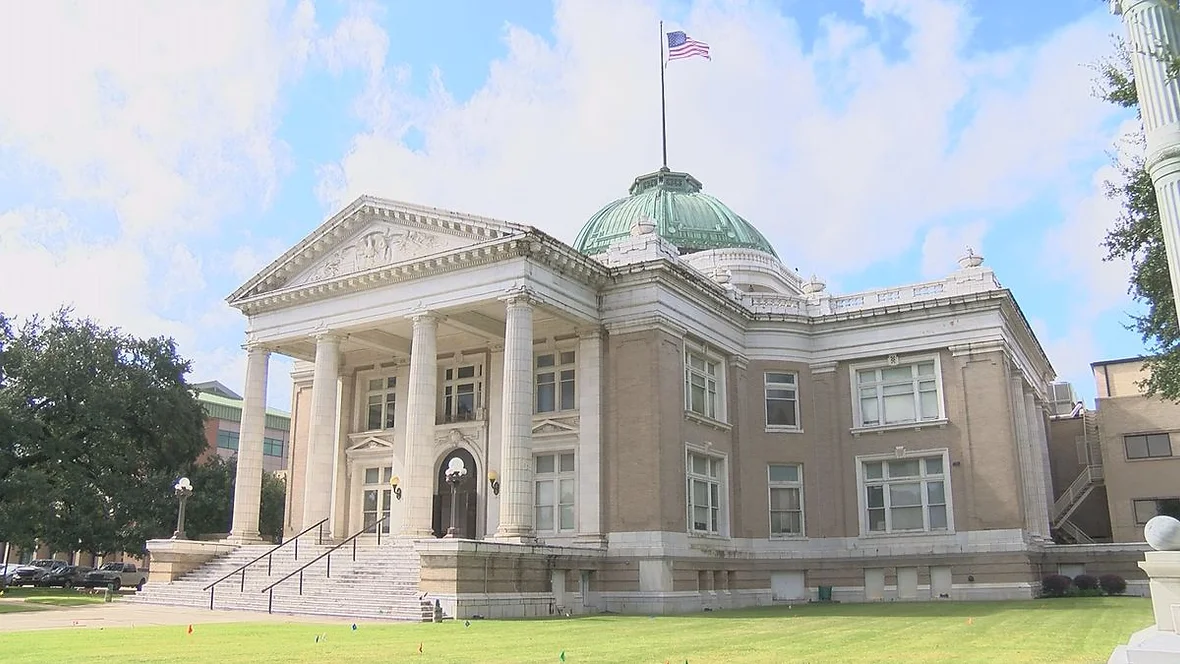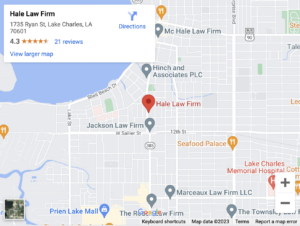Taylor Hale | August 9, 2023 | Maritime Accidents
How did damage caps impact Titanic survivor lawsuits?
The Titanic sank on April 15, 1912. It was a major news story since the advertising for the boat had called it unsinkable. Plus, the accident led to the deaths of over 1,500 people.
While history largely focuses on the horrors of the sinking, the aftermath was equalling as appalling. It is common to think that litigation is a relatively new approach to situations like this. People often say we live in a litigious society these days, but after the Titanic incident, there were multiple lawsuits.
An interesting case
Americans associated with the Titanic passengers and survivors in the U.S. filed multiple lawsuits in the District Court for the Southern District of New York in 1913, asking for over $16 million in compensation for loss and injuries. They wanted the Titanic’s ownership, Oceanic Steam Navigation Company, to pay for negligence.
A fight ensued over which laws should pertain to the tragedy. British law would allow the claimants to receive much higher compensation, closer to what they were asking. American law had a much lower cap.
The U.S. Supreme Court eventually ruled in favor of the company, applying the Limited Liability Act, and capping the damages. The case settled in July 1916 with the company paying only $664,000. Plus, the claimants had to agree to accept that the company had no knowledge of any negligence on the boat.
A raw deal and a lesson
The claimants lost out on that settlement. They barely got anything from the company, including an admission of wrongdoing and responsibility for the thousands of deaths and the trauma that survivors went through. This is a good lesson in looking into applicable laws prior to filing a lawsuit as they could greatly impact your ability for fair compensation.
Contact our Lake Charles Maritime Accident Attorneys At Hale Injury Lawyers For a Free Consultation
For more information, please contact an experienced maritime accident attorney at Hale Injury Lawyers at (337) 888-4253 & schedule a free initial consultation today.
Hale Injury Lawyers
1735 Ryan St Lake Charles, LA 70601
(337) 888-4253

